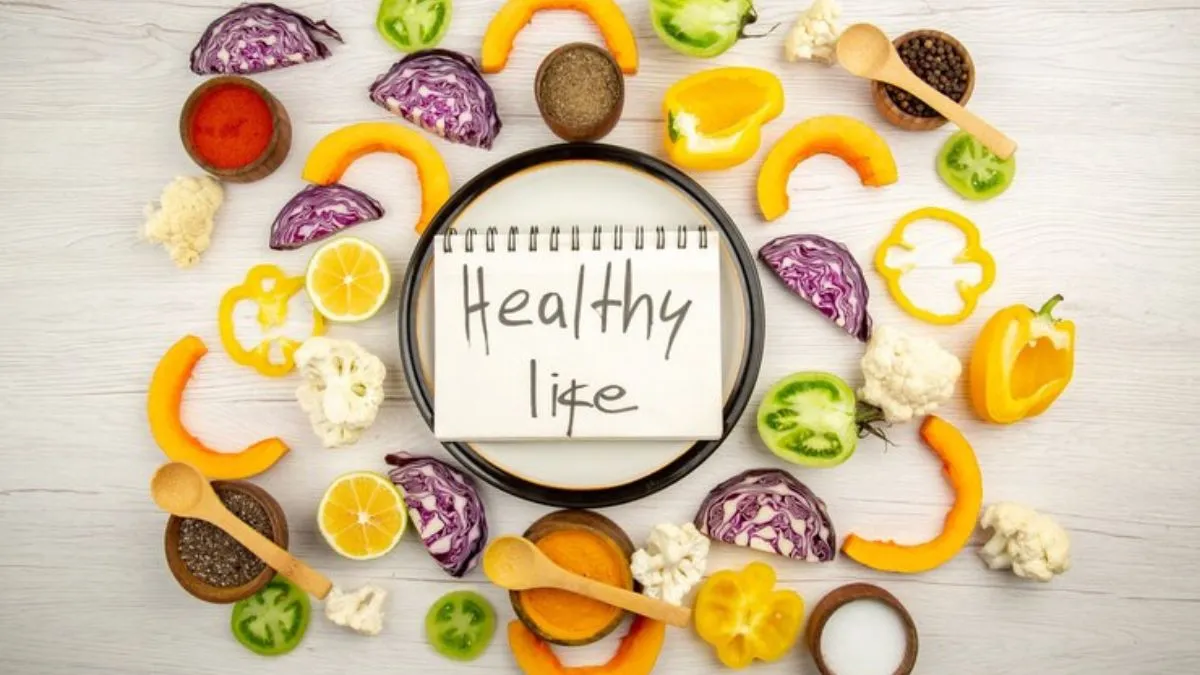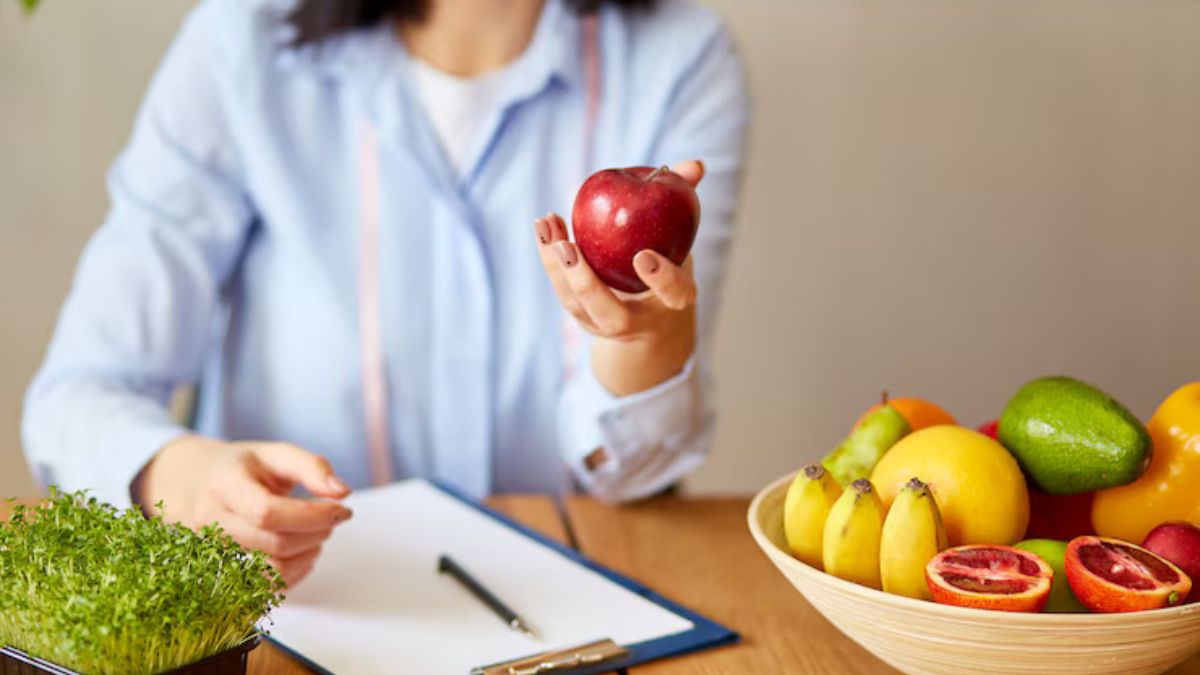
Food and beverages are the centre of every social gathering, whether it's weddings, birthdays, office gatherings, or simple get-togethers. However, if you have food allergies, any chronic illnesses such as diabetes, celiac disease, or hypertension, or if you're on a diet, these events turn out to be complicated. While others plunge into buffets and toast glasses, you might worry about ingredients, cross-contamination, or uncomfortable inquiries regarding why you're not consuming or drinking the same.
Table of Content:-
The reality is that your health always has to come first. And with a good strategy, you can still share the social aspect of events without feeling excluded. We got in touch with our expert Dr Bhumesh Tyagi, Senior Consultant and General Physician, Sharda Hospital, Noida, and he shared with us a simple guide to help you get through such situations in confidence.
Tips To Navigate Social Events When Your Health Has Food or Drink Restrictions
Here’s how you can navigate through social events when your health has food or drink restrictions:
1. Know Your Boundaries Clearly
The key to managing limitations is awareness. Familiarise yourself with your health condition and what is acceptable or not. For instance:
- Allergies: Peanuts, shellfish, and dairy will set off reactions even in small doses.
- Medical conditions: Diabetes needs the avoidance of high-sugar food, while celiac disease necessitates complete gluten avoidance.
- Lifestyle choices: Vegan, religious, or alcohol avoidance are all accompanied by their own limits.
When you know what you need, you can decide without having to second-guess yourself.

2. Make a Plan Ahead with Hosts or Restaurants
A bit of communication is all you need. If you're close to the host, give them a call or text message in advance:
- Politely state your limitations and ask them what is being served.
- Suggest bringing something to share that is suitable for your diet—this way, you know you'll have at least one guaranteed option.
- If it's a restaurant, check the menu on the web first or call to inquire about substitution.
Most hosts will give you the heads-up and are more flexible than you think.
3. Eat Before You Leave
Arriving famished is one of the biggest faux pas. Hunger tends to make it more difficult to stick with safe foods. Instead:
- Eat a balanced meal or snack beforehand.
- Select protein and fiber-rich foods so you'll be satisfied longer.
- Bring an emergency light snack such as nuts, a protein bar, or fruit to have in your bag.
This will make you independent of what they are serving.
4. Use the Buffet or Bar Wisely
After reaching the event, take a quick glimpse at the options before loading your plate. Some advice:
- Find whole, uncomplicated items such as grilled chicken, veg platters, or fruit.
- Steer clear of mixed foods (such as casseroles or gravies) in which concealed ingredients become a hazard.
- Inquire politely about the contents of a dish, people generally value health-related questions.
- Order sparkling water with lime, fresh juice, or mocktails at the bar to sidestep unwanted booze or high-sugar mixers.
This way, you fit in socially without sacrificing your health.
5. Handle Questions with Grace
Social gatherings tend to bring suspicious questions: "Why aren't you drinking?" or "Can't you just have a bite?" Rather than feeling embarrassed, opt for these suggestions:
- Have ready simple, assertive responses such as, "I have some limitations for health reasons, so I'm being cautious."
- Keep it brief and steer the conversation elsewhere.
- Don't feel like you owe anyone a lengthy explanation.
Expressing boundaries in a respectful but assertive way avoids awkwardness.
Bottomline
Social events are about happiness, people, and memories, not tension. By preparing ahead, establishing limits, and placing emphasis on your health, you can partake in complete comfort without feeling deprived or in the way. Food and beverages might be the focal point of happenings, but they're not the only reasons they're worthwhile, you are.
Also watch this video
How we keep this article up to date:
We work with experts and keep a close eye on the latest in health and wellness. Whenever there is a new research or helpful information, we update our articles with accurate and useful advice.
Current Version
Sep 13, 2025 00:40 IST
Modified By : Tanya SrivastavaSep 13, 2025 00:40 IST
Published By : Chanchal Sengar